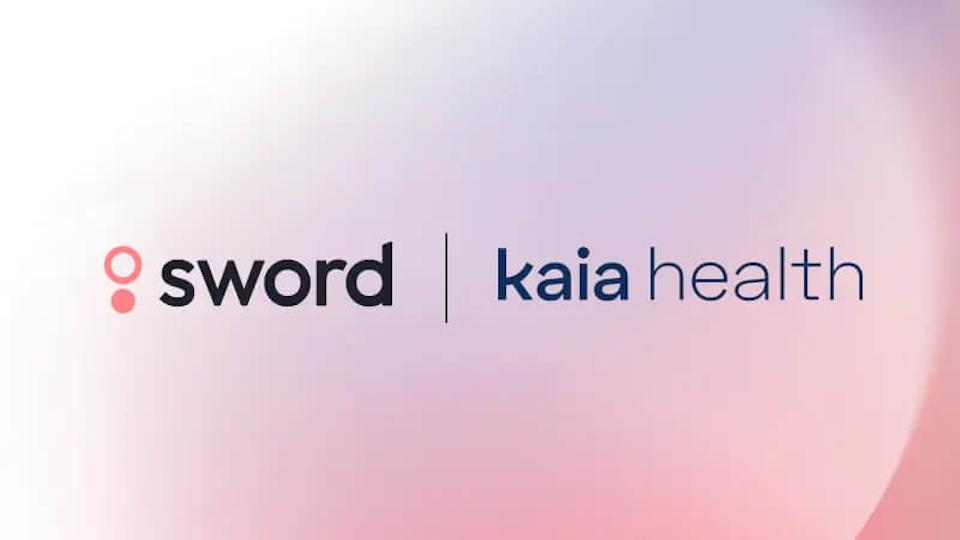The NHS needs to change rapidly – but Uber GPs aren’t the answer

Comment: A new report from the Nuffield Trust backs concerns among general practice that new tech-based entrants could do more harm than good for the NHS. But that doesn’t mean the search for new solutions ends there.
The revolutions brought about by Spotify in music, Airbnb in accommodation and Uber in taxi services has been astonishingly rapid, transforming consumer behaviour beyond recognition in just a few short years.
So why can’t similar disruptive technologies be unleashed on healthcare? There is no question that new answers are needed: the ageing population means costs are rising year on year in every health system in the world, and the traditional hospital and primary care services simply can’t cope with demand.
Many people look at healthcare systems and see inefficient legacy structures just waiting for disruption.
Last year saw the launch of Babylon’s ‘GP at Hand’ service, allowing patients to switch to an online and telephone doctor service on the NHS, with the promise of creating easy on-demand consultations with healthcare professionals around the clock.
The launch in November came with a flurry of media coverage – some sections of the UK press expressing delight that the traditional NHS would be given some much-needed competition, while others expressed concern about the unintended side effects of the new service.
Some doctors feared, for instance, that the company would ‘skim off’ the worried well patients, leaving only the more complex and difficult cases on NHS GP lists.
GP at Hand has had a mixed record so far – users reporting high levels of satisfaction with its services - however a Care Quality Commission (CQC) inspection found some serious failings, and fears about its cherry picking of patients remain.
Just last month NHS England stepped in to block expansion in its coverage, casting doubt on whether such services will ever play a significant role in the mainstream NHS.
The research doesn’t just investigate these digital newcomers, but also services such as after hours walk-in centres, which aim to make primary care more accessible to working-age groups.
Dr Rebecca Rosen’s report Divided We Fall: getting the best out of general practice looks to pull together opinion and evidence so far from examples of similar initiatives from around the world.
The report warns that the UK’s serious shortage of GPs means the rapid access services pull doctors away from their traditional 'medical generalist' role, undermining the continuity of care which is highly valued by the most needy patients, and is proven as a highly cost effective way to provide healthcare.
It concludes: “Displacing this ability to manage patients in the round could mean losing the value that GPs provide to the wider NHS by avoiding more intensive and costly forms of care. Easier access services themselves may deliver limited extra value."
The report also found no clear evidence that these services save money, and some emerging evidence that they increase overall costs.
In short, the report advocates that the medical generalist services need to be augmented with technology (as well as joined-up policymaking) rather than the whole model being disrupted.
It advocates systems which allow data-driven identification of complex patients in real time.
An example of this is a real-time triage system used in emergency rooms in the Kaiser Permanente health system in California.
There is cause for optimism, as there are a number of initiatives like this Kaiser Permanente one already underway in the NHS, namely through a profusion of ‘test bed’ ‘vanguard’ and ‘accountable care system’ pilots which bring together new technology with new patient and population-based approaches.
Nevertheless, there is little room for complacency about the NHS – even in a week when Donald Trump’s spectacularly ill-informed criticism of the health service united most voices in support of the service's core values.
There are also renewed calls this week for a re-think of those values, including a move to more private provision, or to a health insurance model like other European nations. This doesn't seem likely as, rightly or wrongly, the 'free-at-the-point-of-care' NHS remains sacrosanct for the British public.
The NHS celebrates its 70th birthday this year and, like that other septuagenarian Donald Trump, must become more willing to use new technology – only do so for the greater good, and for the longer term interests of all its users.
Read the full Nuffield Trust report here.












